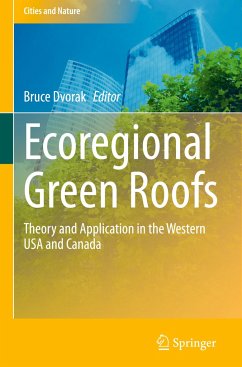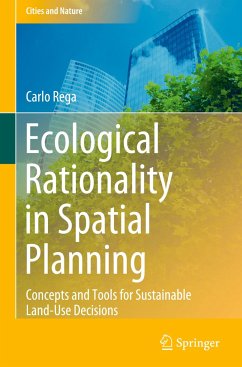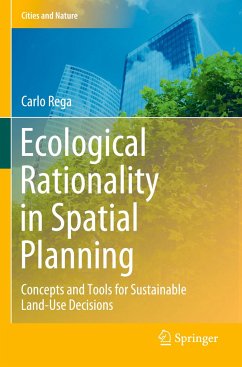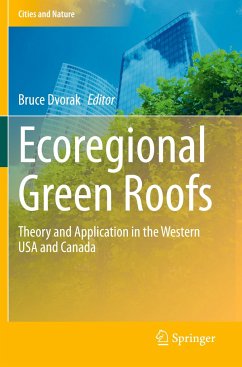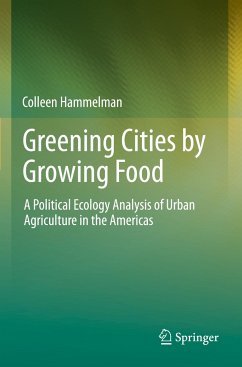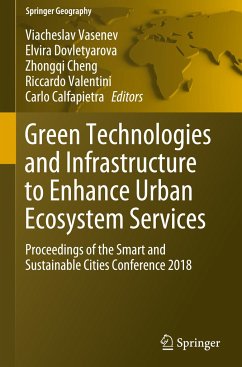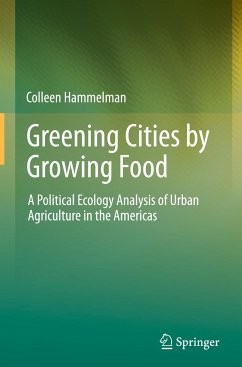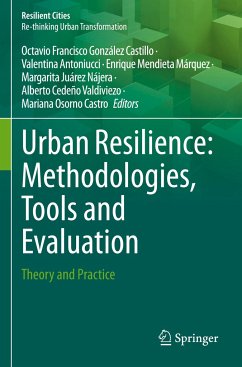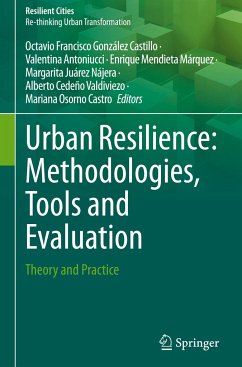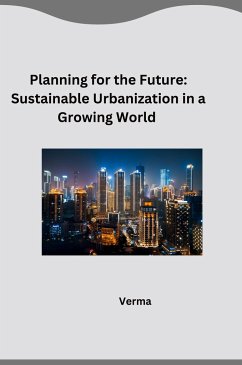
Planning and Design Perspectives for Land Take Containment
An Operative Framework

PAYBACK Punkte
23 °P sammeln!
This book aims to provide a framework for the concept of land take, the practice by which natural lands are lost to artificial land development practices, and present its ecological implications in urban environments. In particular, the book intends to contextualize land take and its ecological implications in the field of planning through the analysis of the evolution of the relationship that exists between ecology and urban and regional planning, with case studies focusing on cities in Europe. Urban and regional planning (specifically in terms of tools, policies and strategies) play a centra...
This book aims to provide a framework for the concept of land take, the practice by which natural lands are lost to artificial land development practices, and present its ecological implications in urban environments. In particular, the book intends to contextualize land take and its ecological implications in the field of planning through the analysis of the evolution of the relationship that exists between ecology and urban and regional planning, with case studies focusing on cities in Europe. Urban and regional planning (specifically in terms of tools, policies and strategies) play a central role in the redevelopment of this relationship, and through this perspective the text explores some operational criteria and guiding strategies for the creation of innovative scenarios of planning and design. The book is indeed mainly based upon an ecological planning-oriented perspective, with the attempt of creating a strong link between the plan and the project that will be useful for students, researchers, policy makers, and urban planners and designers.





